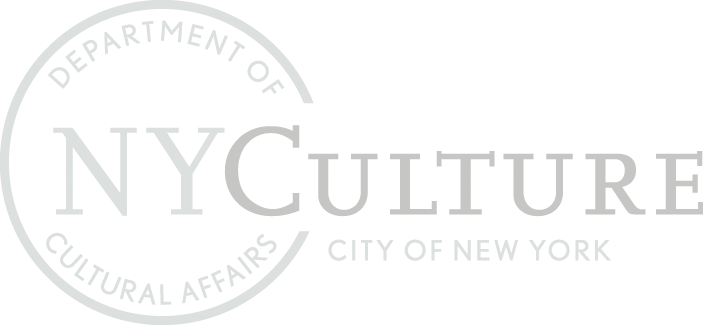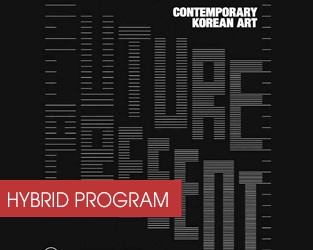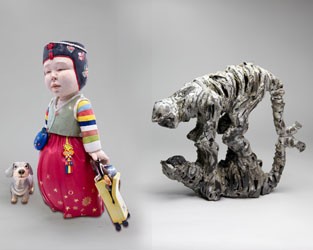Dr. Hyangjin Lee, this year’s Kim Koo Visiting Professor of Korean Studies at Harvard University, examined the evolution of anti-Communist films in South Korea. Dr. Lee explored the historical legacy of anti-Communist drama through the oppressive film policy in the pre-democratization era and the subsequent democratic transformation of South Korea. To evaluate the historical legacy of the Cold War in the identity politics of South Korean national cinema, she highlighted three films that deal with the war and national division, namely The Marines Never Returned (Lee Man-hui, 1963), Rainy Days (Yu Hyun-mok, 1979) and Spring in My Hometown (Lee Kwang-mok, 1998).
Monday, June 8, 2015 | 6:30 PM

This program is supported, in part, by public funds from the New York City Department of Cultural Affairs in Partnership with the City Council.







